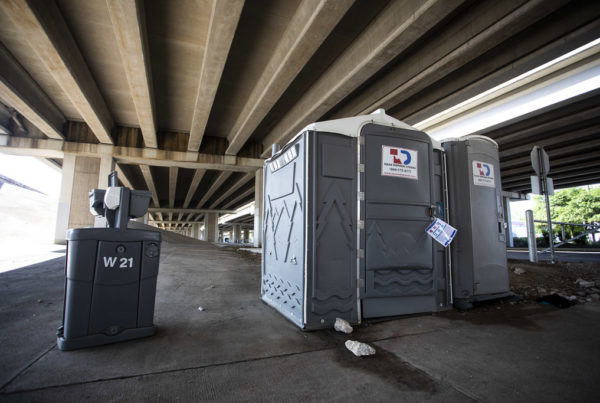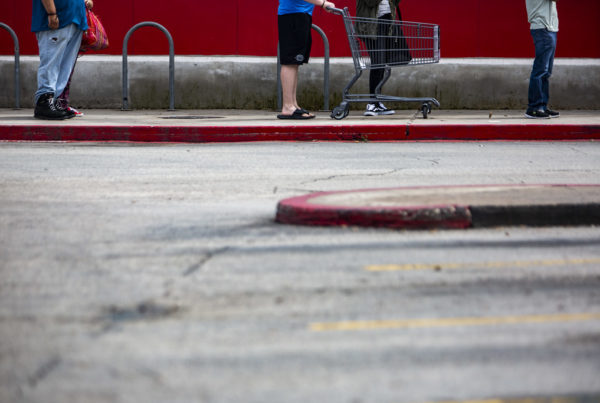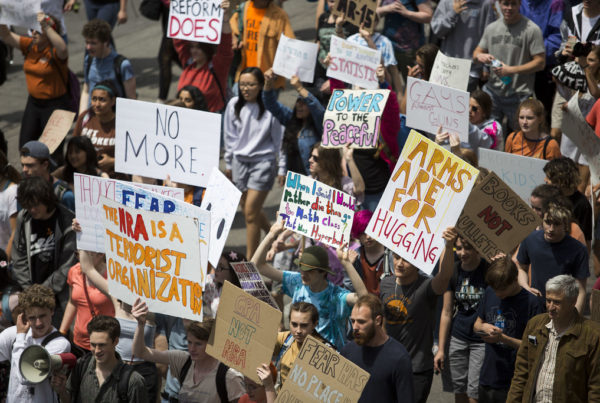From Texas Public Radio:
Millions of Americans have had their economic livelihoods upended by COVID-19.
As positive cases continue to rise in Texas, more cities and counties are taking measures, like restricting mass gatherings and closing businesses to slow the spread of the virus.
It’s especially hurting those who rely on tips and those with gigs and part-time jobs.
Pedro Rodriguez is a freelance DJ in the Rio Grande Valley. He’s known as Flacucho, a slang word for skinny.
He loves his work and has performed across the state. He said he makes most of his living with DJ gigs.
“I’m also a resident DJ at Grain to Glass, so I DJ there like twice a month,” Rodriguez said.
March is usually the busiest month for DJs in The Valley, especially at the legendary Spring Break town of South Padre Island.
But this year things are different. COVID-19 happened.
Rodriguez said all of his gigs have been postponed, or just flat out canceled.
“That’s already like my month’s rent and my car payment just down the drain, you know?” said Rodriguez. “That was one huge setback for me… I rely on my gigs for income security and survival..”
Now he doesn’t know when his next paid gig will be.
“My brother is a musician as well,” Rodriguez said. “He can’t play any gigs because the venues and the bars are shut down so there’s no outlets for DJs and musicians and also for bartenders and for servers to go and work.”
These musicians and servers are some of many in the “gig industry” who rely on tips and part-time work to make ends meat. This industry is getting decimated by the virus.
Vicente Martinez Jr. lives in Brownsville and knew people were being laid off, but didn’t know how to help at first.
“We live in one of the poorest regions in the nation so it’s going to have a greater impact in this region,” said Martinez.
He said he stumbled across something surprising on social media: A virtual tip jar.
“I saw someone, who’s an organizer in Austin, actually created an Austin virtual tip jar, so I was thinking of creating something of that nature,” said Martinez.
This is how it works: an online spreadsheet with names and titles that link to employee’s Venmo or CashApp accounts.
On this list you’ll find waiters, performing artists, retail workers — anyone whose jobs are dependent on tips, or hourly work.
“So, they’ll provide that information and whenever I have a chance I’ll compile that information and add it to the excel sheet,” Martinez said.
Tippers choose who they want to send money to.
Martinez manages this list and adds new names throughout the day.
The spreadsheet, which now has more than 100 people on the list, then gets shared on social media and people can contribute whatever amount they want.
Someone who has also been impacted by the virus and the tip jar is Alina Jimenez who’s originally from Brownsville.














